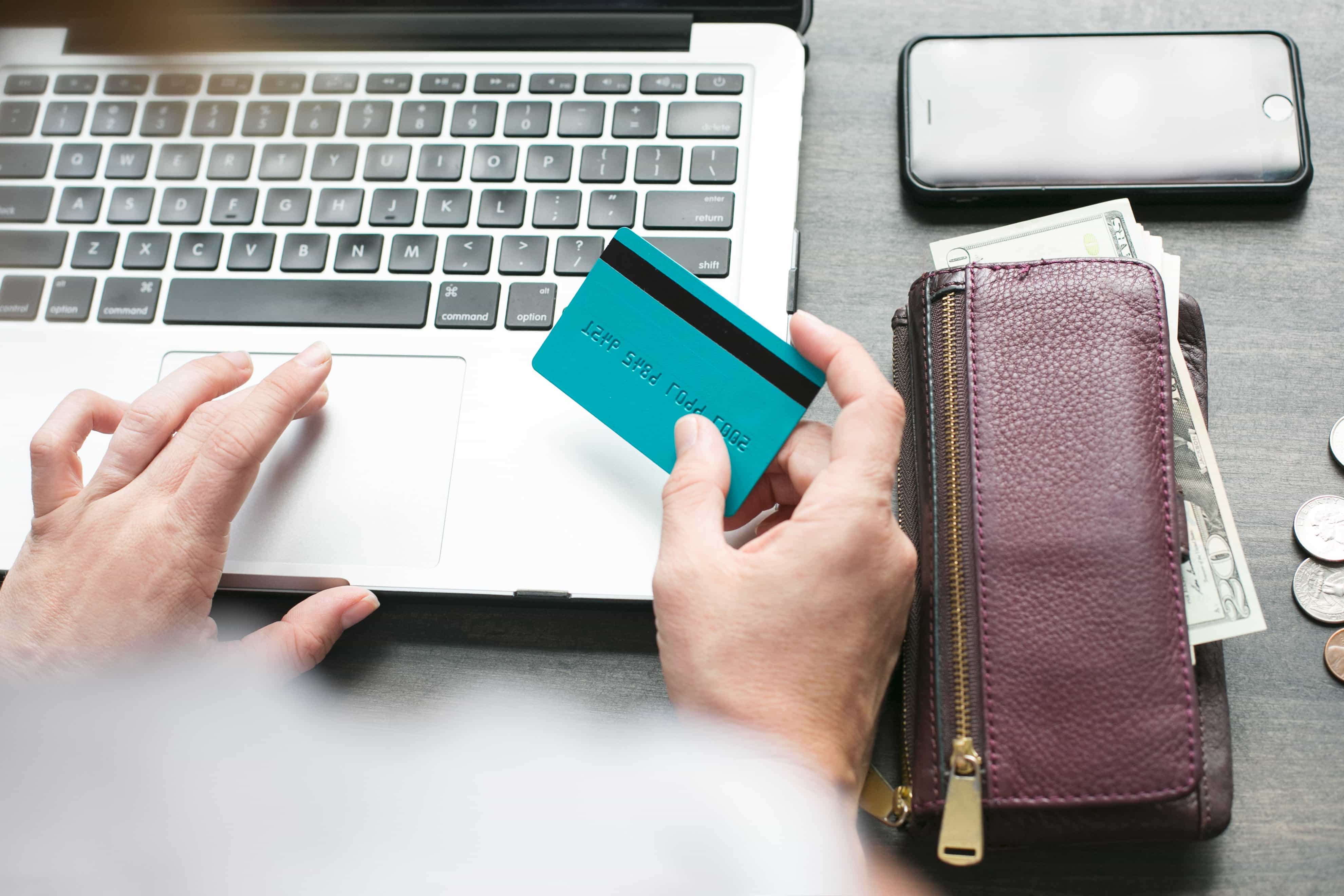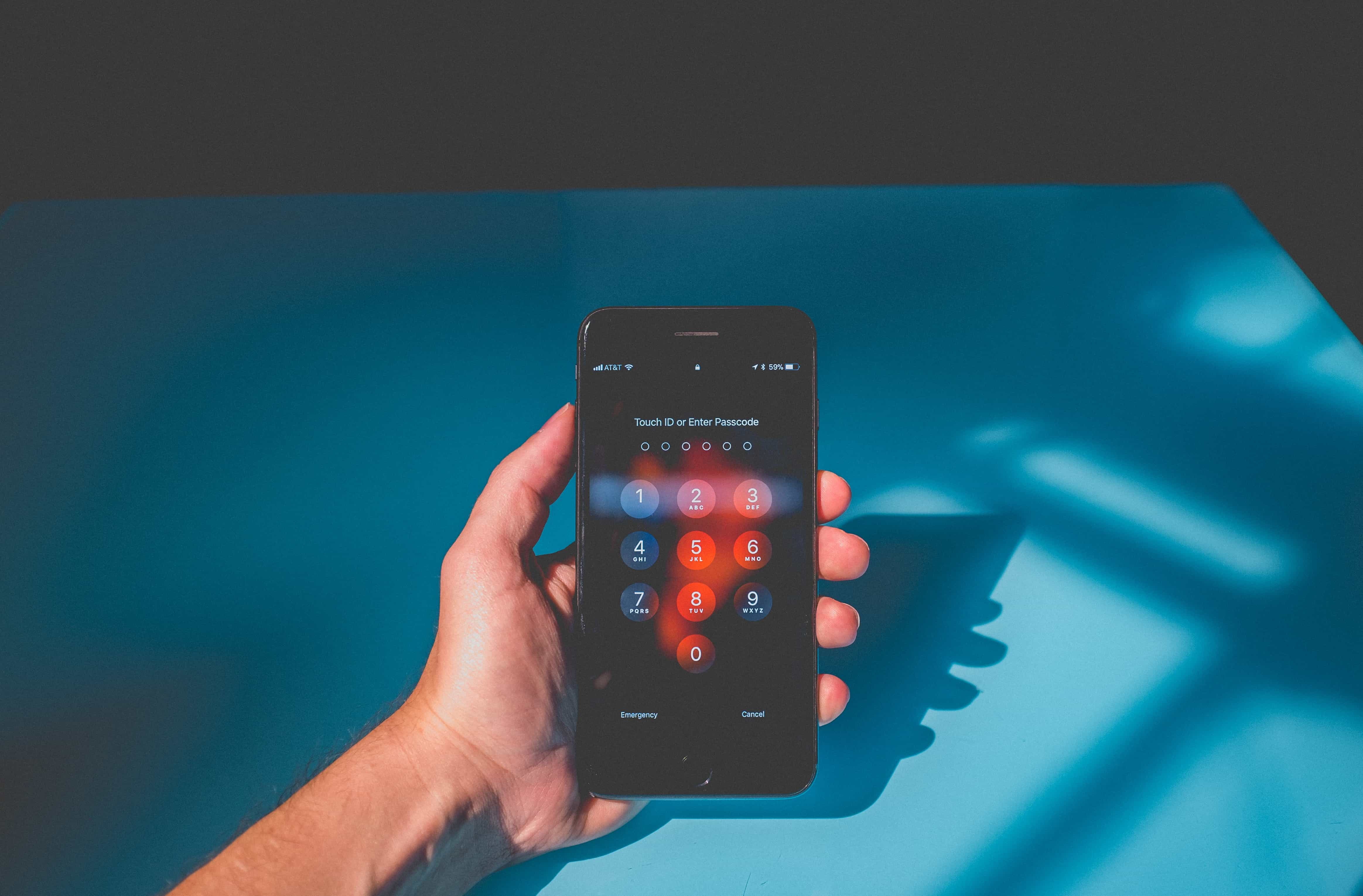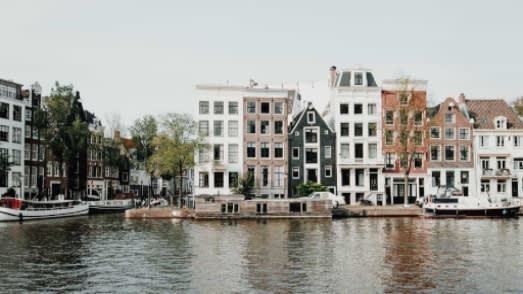Moving to the Netherlands: Your Arrival Checklist!
The essential list of things to arrange when you arrive in the Netherlands. How to get a BSN, register at the address, open a bank account and more in our arrival checklist.
Phoebe
So, you’re moving to the Netherlands! When you begin to think about all of the things to prepare for and to take into consideration, it can feel like a lot. Not only will you need to find housing, but there are a number of regulations to observe, along with a long list of practical things to keep in mind.
This expat checklist will ensure that you’re up-to-date on everything you need to know to make your move far less overwhelming. Follow these practical living tips, and you’ll be enjoying this amazing country before you know it - just like a local!
1. Register at Gemeente and Get a BSN

To register when you are relocating to the Netherlands, keep in mind that sometimes there can be a wait of up to several weeks, so be prepared and make your appointment, whether online or via the phone, as soon as possible. Once it’s time for your appointment, you must go in person and bring with you the following documentation, including:
-
Your original birth certificate, along with a copy containing the apostille stamp. If the certificate is not in Dutch, English, German or French, then you will also be required to submit a certified translation in one of those languages. The birth certificate must include your name, as well as the location and the date of your birth.
-
Whether you are currently married or not, you will also need to provide your proof of marital status with a copy containing the apostille stamp. Again, if the document is not in one of the languages stated above, you must also have a certified translation.
-
Your valid ID card or passport must be presented.
-
If you are studying at a university, you must show your admission acceptance letter.
-
You must fill out and turn in your original 1e vestiging Buitenland form.
-
Be sure to get a signed rental agreement from your landlord to submit. Be sure that your housing qualifies for a tenant’s registration, as some are not eligible.
If outside of the EU, you may also need to register for your residence permit. You may check here to see if obtaining a residence permit is necessary.
Once you are registered with the Municipal Personal Record Database, you will receive your Burger Service Number, most commonly known as your BSN, which is very similar to a Social Security Number. You will need it to get a job or start an internship, open a bank account or a number of other things to make your time in the Netherlands more organized and practical.
One of these is to utilize DigiD, which is a digital verification used to simplify many government requests. It can be used to track your income and tax information, as well as a variety of other necessities, such as getting health insurance.
2. Buy Health Insurance

Health insurance is another thing that is absolutely mandatory when relocating to the Netherlands. However, certain contributing factors, such as your country of origin, can determine what kind of health insurance you must have and how you will obtain it.
-
Swiss and EEA or EU residents - If you are a student, and not an expat who has relocated for the sole purpose of an internship or employment, you should be covered. When you reside in Switzerland or one of the EEA or EU countries, then you will not have to purchase health insurance in the Netherlands, as long as you have health insurance on your country’s national plan. You will be eligible for the European Health Insurance Card (EHIC), which should cover most of your health-related expenses while in the country.
-
Students - When moving to the Netherlands as a foreign student, you don’t necessarily have to purchase the Dutch health insurance plan. In fact, you can arrange insurance from home before you even leave, and there are even agencies that specialize in study abroad insurance plans.
However, some exceptions exist in which the insurance is mandatory, including if you:
-
Have also obtained employment or a paid internship
-
Are 30 or older
-
Plan to study in the Netherlands for more than one calendar year
-
Interns and those with employment - If your main reason for moving to the Netherlands is for an employment opportunity or for an internship from which you will receive payment, then you must carry the Dutch health insurance plan. There are different companies from which you may purchase it, but you’ll find that they are all very similar in their coverage. Checking on Zorgwijzer for a basic insurance plan is a good option.
If you do not have or take out health insurance while living in the Netherlands, you may find yourself susceptible to a high fine. However, if you find the fees difficult to afford, you may apply for government assistance.
Additionally, if you want to purchase more extended coverage that will assist with accidents, dental services, repatriation and liability, you can do so. The cost can range from about €90 monthly for the most basic coverage and up.
3. Open a Dutch Bank Account

Opening a Dutch bank account is the simplest, and often the cheapest way, to make and receive payments when living in the Netherlands. Of course, there are a few things you will need to set up your account, including your:
-
BSN number
-
Passport or ID card
-
Proof of address (rental agreement)
-
If outside of the EU, your residence permit
-
A Dutch phone number for verification steps
Fortunately, there are numerous banks to choose from in the Netherlands. Some of the most popular include;
-
Rabobank
-
ING
-
ABN Amro
The good news is that if you have not yet received your BSN, you can still legally obtain an account at ABN or ING until you’re all set up.
4. Get an OV-chipkaart

If you plan to be using public transportation while in the Netherlands, which is one of the smartest ways to get around, you’ll need to get your OV-chipkaart. This super-convenient card is used for the full network of trains, buses, trams and metro throughout the Netherlands. The card can be loaded with credit, which can be topped at any of the machines located at the stations or throughout the country. If you are receiving a government subsidy, transportation will be free.
The card is simple to use, but you must remember to scan it at both the start and the ending of your journey. Also, keep in mind that you can receive a fine if you’re caught not scanning your OV-chipkaart.
Something else to remember is that there are two different OV-chipkaarts:
-
Anonymous - This card is blue, and anyone can use it. It can be purchased at the stations or at the airports, along with the kiosks in the city, for €7.50.
-
Personal - This card is yellow, and you must fill out an application to receive it, and the purchase price is also €7.50. You can also opt to purchase the subscription for €50, although it can be found at a discount €29 on occasion. It offers a 40% discount on travel by train between 9:00-16:00, 18:30-6:30 and during the weekend hours.
5. Buy or Rent a Bicycle

Now, if you plan on bicycling, there are two ways to do it.
-
Rent - You can easily rent a bike with the popular sharing scheme located throughout the Netherlands called OV-fiets. You can rent from one of over 300 locations, and you don’t even have to return it to the same spot. Rentals are for a 24-hour period and are under €4, and must be rented with your personal OV-chipkaart. If you find that you’ll be renting a bike often, there’s also a monthly subscription. Additionally, there are also bike share services, where you can unlock a bike with a simple app.
-
Purchase - If you think that cycling is going to be your primary method of transportation, it’s probably best to buy one. This can be done very inexpensively, especially when you’re shopping from a secondhand store or at a market. Also, check out ads and postings on university boards for students who are returning home and selling their bicycles.
6. Obtain a Dutch SIM card

If you already have a mobile contract from an EU country, then you can use it in the Netherlands with no problem. If not, to have mobile phone service while in the Netherlands, you will need to purchase a SIM card. Depending on your individual needs, there are different ways that you can set up your service.
-
Go prepaid - If you won’t be in the country long, this is probably the easiest option. But keep in mind that fees can add up, so try to use Wi-Fi for messaging whenever possible.
-
Get a SIM-only subscription - The SIM-only subscription can start off at about €10-15 a month. You can choose bundles of minutes, messages and internet.
-
Set up a contract with a phone - If you plan to stay in the Netherlands for a year or two, consider a deal with a phone. You can get a new device, as well as a large bank of minutes, internet usage and text messages - for about €30 monthly. Keep in mind that in this case, you need to pay a one time fee when signing a contract.
Now that you are armed with the information from this expat relocation checklist, you are one step closer to packing your bags and making your move to the Netherlands. Be sure to enjoy every second of your big adventure!
Related articles
In this article
Find your home in the Netherlands
Find accommodation in cities across the Netherlands. Search for your accommodation now!
Start my Search

